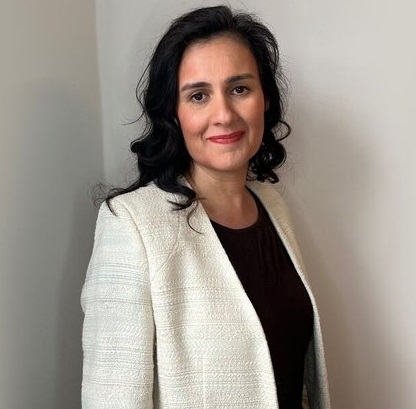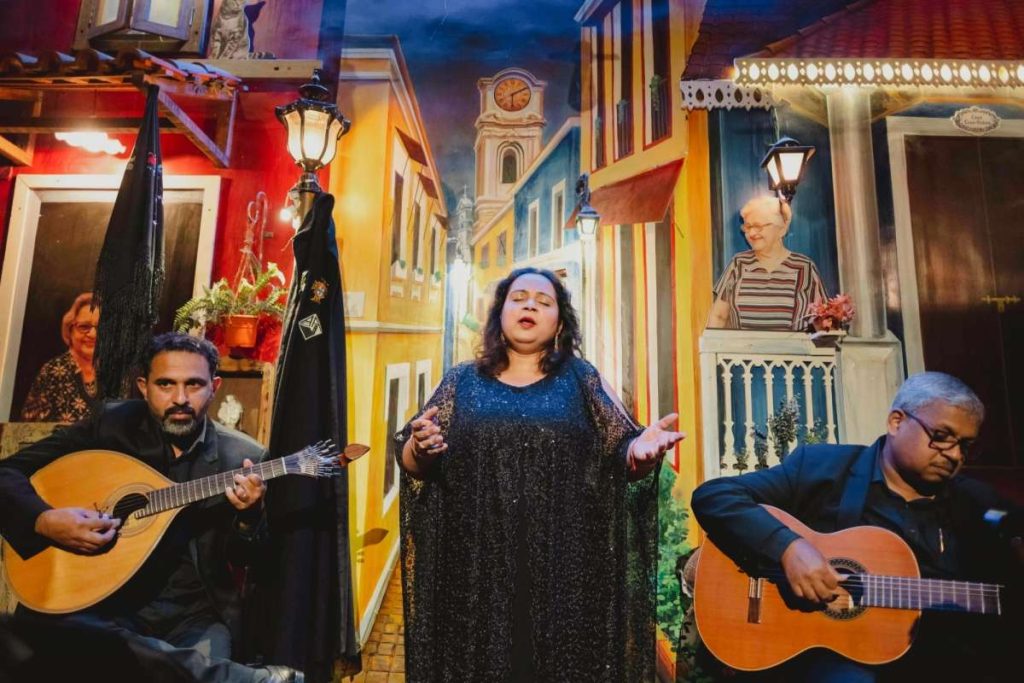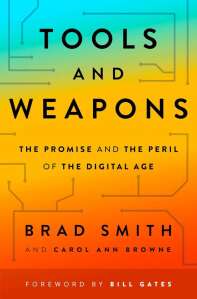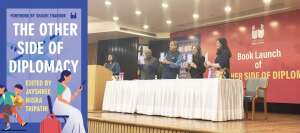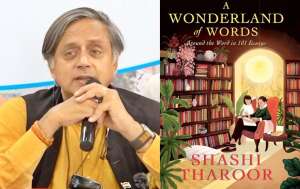Talk to her about major Indian publishing houses working with Pakistani writers and she says that around a decade back, it was fashionable to say ‘Pakistani writing is cool’, but the first people who were publishing them were in India…writes Sukant Deepak
She says a novel has a number of starting points, and for a long time she was been interested in the idea of childhood friendships and how they are so different. “In 2016, in America there was Trump and in Britain, Brexit. I started hearing a lot of people saying things, like ‘Oh! there are so many things falling apart and I cannot talk to them (friends) because they are on the other side… I found myself thinking about what can friendships survive,” award-winning British-Pakistani author Kamila Shamsie tells.
Her latest novel ‘Best of Friends’ (Bloomsbury Publishing), a book about friendship, power, morality, and loyalty, follows its title characters from their Pakistani girlhoods to their adult lives in England. She adds that in friendships, one may choose to just ignore the points of difference and focus on the similarities — but what happens if that source of difference cannot be ignored anymore? “So it started in that way and it was more abstract. And then, I was writing an article on Pakistan’s women’s cricket team, and I felt this tingling in my fingers, and strong memories hit me. It was such a crucial point and I had the idea — It must begin in Karachi. So I suppose all those things came together.”
The author, who won the 2018 Women’s Prize for Fiction (‘Home Fire’) and has to her credit novels including ‘In the City by the Sea’, ‘Salt and Saffron’, ‘Kartography’, ‘Broken Verses’, ‘Burnt Shadows’, ‘A God in Every Stone’ and ‘Home Fire’ says that something she is just not interested in deciphering which characters in her works share similarities with those in her life. “Because when I start associating that, they become someone else, and it’s very hard to see them as people. In the back of my brain, I am using my life experiences and the people I have met as inspiration, and it’s not just from one person. While for some people, the joy of writing comes from real-life people who they take their inspiration from, in my case, I am still that child who wants to make things up.”
Shamsie, born into a family of intellectuals in Karachi – where everyone read, wrote and talked about books, something she took to early on, remembers, “Books were as much a part of life as food was. When you learn that early on, it sets in on you. Now, we are lucky that there are a lot of young writers coming out of Pakistan and it (writing) is one of the things you might want to do with your life. Growing up, it was very different. There were very few who would write in English and they seemed like an exception. That I had a mother who would sit at a desk and write sentences made me think — this is something I can do with your life.”
Talk to her about major Indian publishing houses working with Pakistani writers and she says that around a decade back, it was fashionable to say ‘Pakistani writing is cool’, but the first people who were publishing them were in India.
“And it makes sense of course as we are tied to each other in so many ways. It is hard to get across the border and novels became a way to know each other. A lot of the infrastructure was created due to Indian publishing which I think is wonderful.”
Now living in England for a long time, does the distance from Karachi, where many of her works are based, helps her understand that city by the sea better? She asserts, “To write about Karachi from this distance, and in 2022, I do not think I am in a better position than someone who is physically there. Time does something interesting, and I can look back at Karachi in 1988… The interesting thing is the distance that comes with time rather than a sort of a physical moving away.”
Talking about her mentor, Kashmiri poet Agha Shahid Ali, who she studied from both as an undergraduate and graduate student, she remembers, “After his death, there’s like an internalized version of him who tells me — ‘Okay, you have written a bad sentence and need to delete it, erase it from your memory’. When I took some poetry classes with him, that freed my prose. I learned to pay attention to every word. An important thing he taught was to read the writing out loud.”
For her, a book ‘comes’ slowly… she comes to a point where she has not written for some time but then there is an inkling. And then months go by when something very slight forms. “I sit down and I am stuck for a long time. My beginnings are slow because I do not know what I am doing at times. And then, five days in a week, I am at my desk for hours. The deeper I get into a novel, the more it flows,” she concludes.
ALSO READ-New books for year end reading

